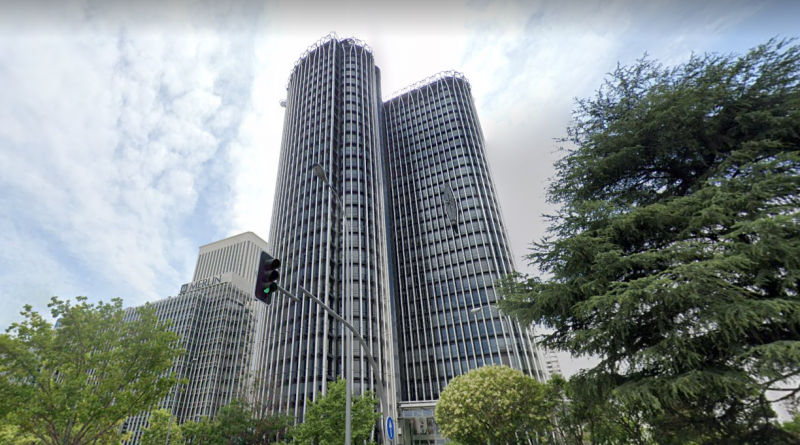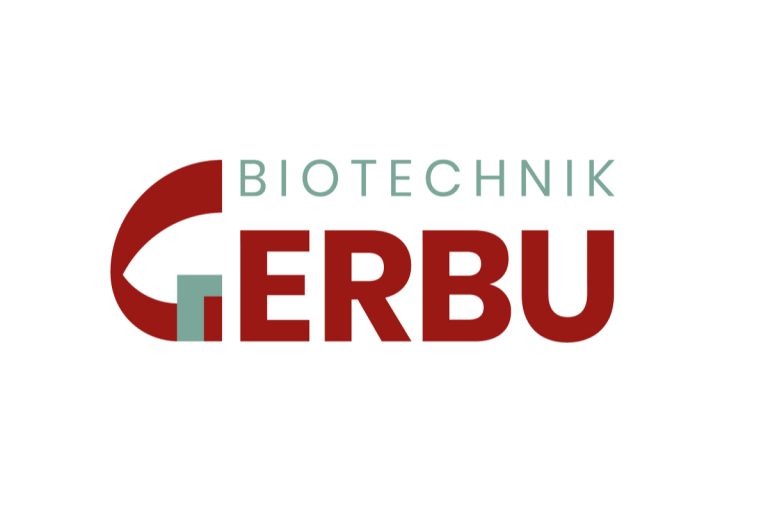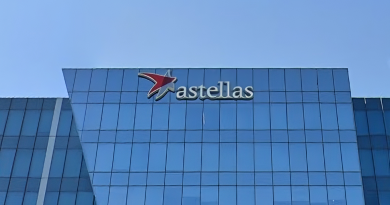Takeda and JCR to Commercialize Next-Gen Hunter Syndrome Therapy
Takeda and JCR Pharmaceuticals announced today a geo-based exclusive collaboration and license agreement to commercialize JR-141 (INN: pabinafusp alfa), an investigational, next-generation recombinant fusion protein of an antibody against the human transferrin receptor and iduronate-2-sulfatase (IDS) enzyme for the treatment of Hunter syndrome.
Hunter syndrome (also known as Mucopolysaccharidosis type II or MPS II) is a disease. It is caused by a deficiency of IDS and manifests in different forms. JR-141, applied with J-Brain Cargo®, JCR’s proprietary blood-brain barrier (BBB) technology, is engineered to transport the therapeutic enzyme across the BBB to directly reach the brain and address both the somatic and neuronopathic manifestations of the disease, which can lead to progressive cognitive decline.
Terms of the exclusive collaboration and license agreement
Under the terms of the exclusive collaboration and license agreement, Takeda will exclusively commercialize JR-141 outside of the United States, including Canada, Europe, and other regions but excluding Japan and certain other Asia-Pacific countries. JCR will receive an upfront payment for such ex-U.S. license, and is eligible to receive additional development and commercial milestones in addition to tiered royalties on potential sales. The pharma companies will collaborate to bring this therapy to patients as fast as possible upon completion of the global JCR run Phase 3 program.
Takeda receives an option under a separate option agreement, which allows Takeda to acquire an exclusive license to commercialize JR-141 in the U.S. upon completion of the Phase 3 program.
Dan Curran, M.D., Head, Rare Genetics & Hematology Therapeutic Area Unit at Takeda:
“Takeda is committed to continuously improving the way Hunter syndrome is treated. JR-141 introduces a new way to deliver proteins across the blood-brain barrier, overcoming our current challenges to treat the underlying neuronopathic manifestations of Hunter syndrome and help maintain or improve cognitive function in these patients. We will work closely with JCR to apply our expertise in enzyme replacement therapies with the hope of bringing this potentially transformative therapy to patients as quickly as possible.”
hin Ashida, President, Chairman of JCR stated:
“JCR is pleased to have reached an agreement with Takeda who is well placed to achieve our common goal of maximizing the impact of JR-141. Our mission is to provide transformative treatment options as soon as possible to patients with lysosomal storage disorders (LSDs) with central nervous system symptoms, such as Hunter syndrome. JR-141 is the first-ever approved biopharmaceutical in Japan that penetrates the blood-brain barrier. I expect that we will be able to achieve this mission through our partnership with Takeda to deliver a new treatment option to Hunter patients around the world as swiftly as possible.”
JR-141 has met its primary endpoint in an open-label Phase 2/3 clinical trial
JR-141 met its primary endpoint in an open-label Phase 2/3 clinical trial in Japan demonstrating significant reductions in heparan sulfate (HS) in the cerebrospinal fluid, a biomarker for assessing the drug’s effectiveness in reducing disease-causing substrate in the central nervous system, in all subjects for whom measurements were available after 52 weeks of treatment. Somatic disease control was maintained in patients who switched from standard enzyme replacement therapy (ERT). The study also demonstrated an improvement in somatic symptoms in participants who had not previously received standard ERT prior to the start of the trial. Additionally, a neurocognitive development assessment demonstrated maintenance or improvement of age-equivalent function in 21 of the 25 patients at one year. There were no reports of serious treatment-related adverse events in the trial.
About JR-141
JR-141 is a recombinant fusion protein of an antibody against the human transferrin receptor and iduronate-2-sulfatase, the enzyme that is missing or malfunctioning in subjects with Hunter syndrome. It is expected to be effective against the neuronopathic manifestations of the disease by crossing the BBB through transferrin receptor mediated transcytosis using J-Brain Cargo®, JCR’s proprietary BBB technology. Uptake into cells is mediated through the transferrin receptor and mannose-6-phosphate receptor. JCR has advanced development activities by establishing the necessary evidence from the molecular design stage to the nonclinical and clinical trial phases. In non-clinical trials, JCR has confirmed both high affinity binding of JR-141 to transferrin receptors, and passage across the BBB into neuronal cells as evidenced by electron microscopy.
In addition, JCR has confirmed that using J-Brain Cargo® technology, enzymes are taken up into various brain tissues. A decrease in substrate accumulation has also been confirmed in an animal model of Hunter syndrome. In several clinical trials with JR-141, JCR obtained evidence of reduction of heparan sulfate concentrations in the CSF, a biomarker for assessing the drug’s effectiveness in reducing disease-causing substrate in the central nervous system, consistent with the results obtained from non-clinical studies. JCR also obtained clinical results that demonstrate positive effects of JR-141 on neurocognition.
JR-141 was approved by the Ministry of Health, Labour and Welfare and marketed since May 2021 under the brand name “IZCARGO® I.V. Infusion 10mg.”
Recommended Companies
Ad
More Headlines





